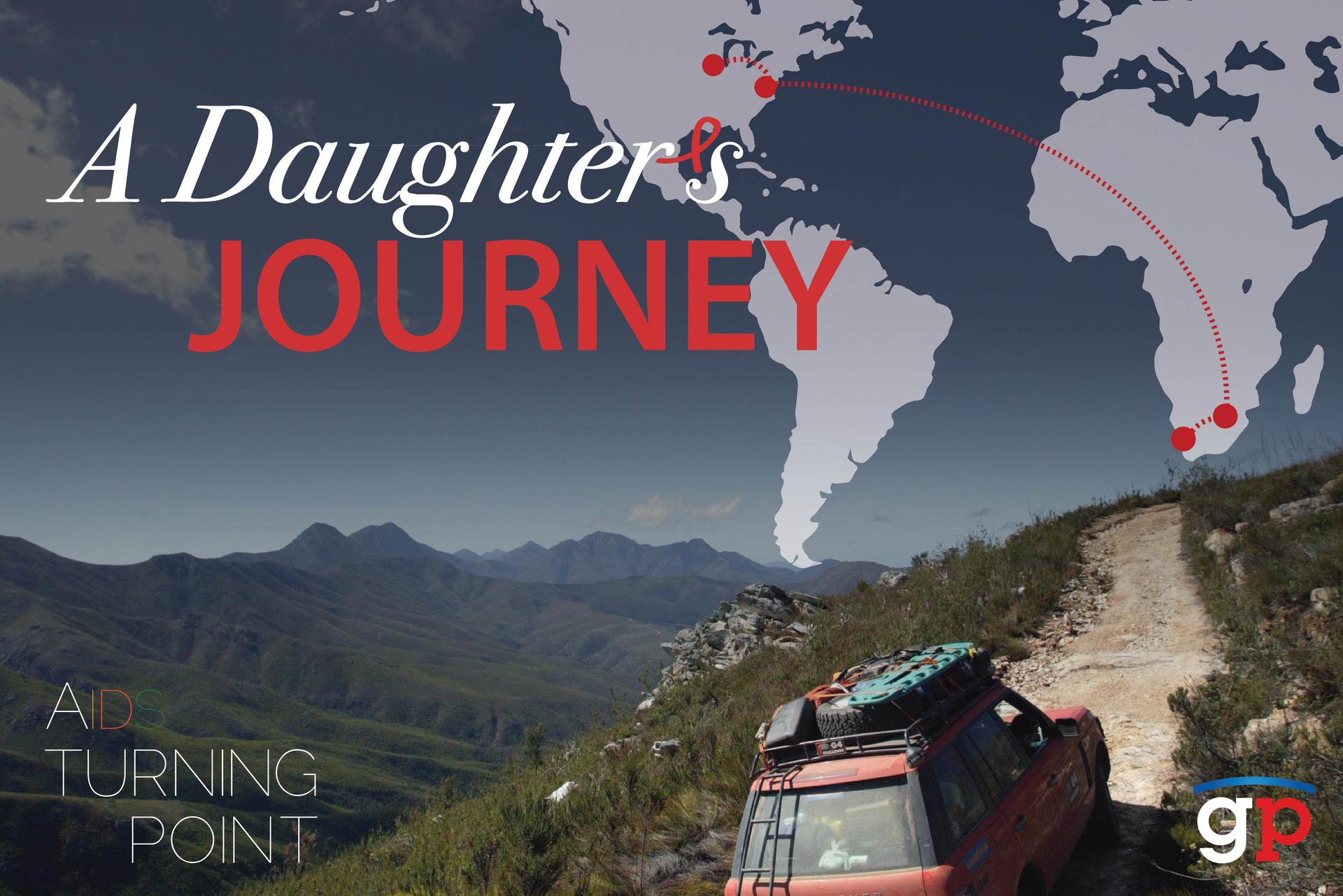A Daughter’s Journey, Part IV: Ladies build support in Langa
CAPE TOWN, South Africa —The ladies, as they have come to be known, arrive to work by 9 a.m. each day.
Their office is an old minibus (taxi) station in the center of Langa township. The dilapidated white building is dark inside; a table lined with blue plastic chairs is set up by the window, and two men sit in a small office behind security glass. Resembling a YMCA-meets-doctor’s office, this station has housed the Langa Action Community AIDS Program (LACAP) for seven years.
On most days, the ladies begin their morning by meeting to discuss which district of the township they will visit that day. Then off they go, door-to-door, educating their neighbors about HIV/AIDS. On this particular morning, four of the ladies took a break to speak with me.
“We tell our own stories to open up those who are in denial and let them know, ‘You are not alone,’” said one of the ladies, who did not wish to be named. On an average day, the ladies visit about six homes each, and when they arrive they introduce themselves, ask the residents if they have been tested for HIV, pass out condoms, and offer their counseling and support.
For those who know they are HIV positive and find it difficult to take care of themselves, the ladies take it upon themselves to be personal caregivers; they arrange to bring HIV positive residents their medications and call them during the day to remind them to take their pills.
It’s no easy task to educate people about HIV in a township where many still visit medicine men, cultural “magic men,” or “witchdoctors,” for health care and where stigma is disproportionally high. But these women believe that their ability to empathize with others who are infected can save lives. All four of these women are HIV positive, and despite different stories and CD4 counts, they can relate to each other as they talk about balancing medications, fearing death, and believing that if you are educated about HIV and smart about your health you will live.
More from GlobalPost: Thanking Goodness: Community care workers and HIV/AIDS patients help each other in South Africa
![]() Gubuza knows first-hand how friends and family can abandon HIV positive people in a South African township. After her good friend found out her positive status, she was ostracized by her family and Gubuza stepped up, moving her friend into her home where she could feed her, bathe her, and sing to her while she healed.
Gubuza knows first-hand how friends and family can abandon HIV positive people in a South African township. After her good friend found out her positive status, she was ostracized by her family and Gubuza stepped up, moving her friend into her home where she could feed her, bathe her, and sing to her while she healed.
“Once a person becomes sick, they don’t have strength; we need to welcome them and let them know that they are loved. We need to translate the compassion and pampering from the hospitals home,” she said.
LACAP does not work alone, but partners with other organizations like the Treatment Action Campaign. In 2005, LACAP gained recognition from the South African government, which now gives the program 179,000 Rand per year—equivalent to $17,900. LACAP uses this money to pay for office space and to provide a small stipend for the volunteers, but it is hardly enough.
Hearing the lengths these women go in order to provide support and mentorship reminds me of the services Christina Rodriguez and her mom, Susan Rodriguez, provide in East Harlem through SMART University. They, too, created a community service because of a need for personal support and education, and they, too, face economic challenges that threaten the longevity of their work.
Gubuza explained that there are positives to banding together to educate people about HIV/AIDS. She said that testing rates in Langa have gone up, and infection rates have gone down.
As I packed up my things to leave their office, one of the ladies asked for a couple of rand [South African currency] for bread. “We are hungry,” she said, plainly. Her question was yet another reminder that these ladies get up everyday to stitch the holes torn in their country’s health care system. And they don’t even have enough money to eat.
Check out the efforts Cape Town is making in preventing mother to child transmission when I visit the organization Mothers2Mothers later this week.
“A Daughter's Journey" is a series of blog posts by Tracy Jarrett, a GlobalPost/Kaiser Family Foundation global health reporting fellow. Tracy is traveling from her hometown, Chicago, to Cape Town, South Africa as part of a Special Report entitled "AIDS: A Turning Point.” Read Parts I, II, and III of Tracy's journey on GlobalPost.
